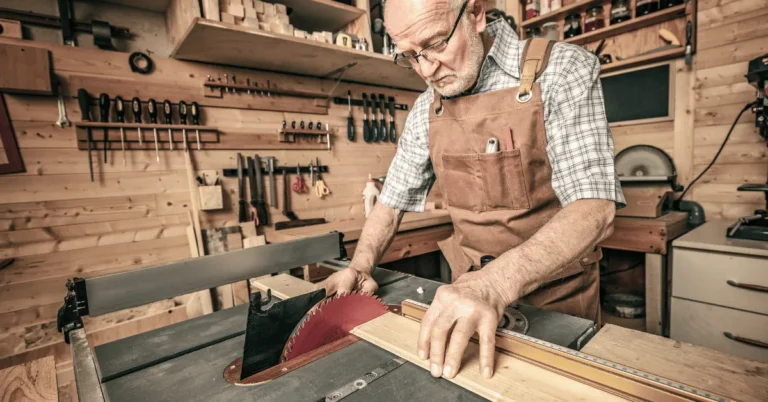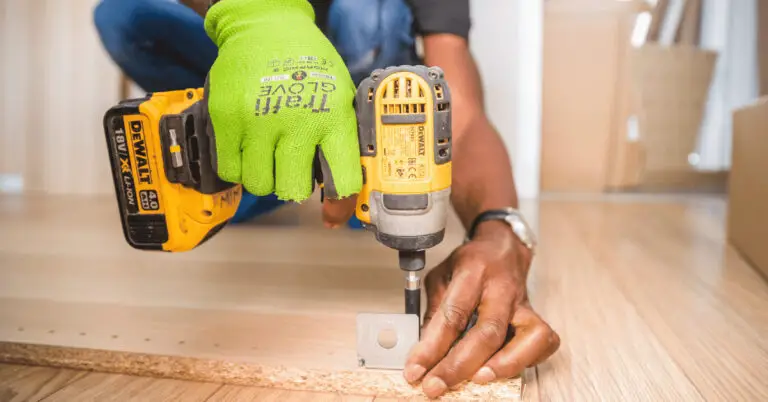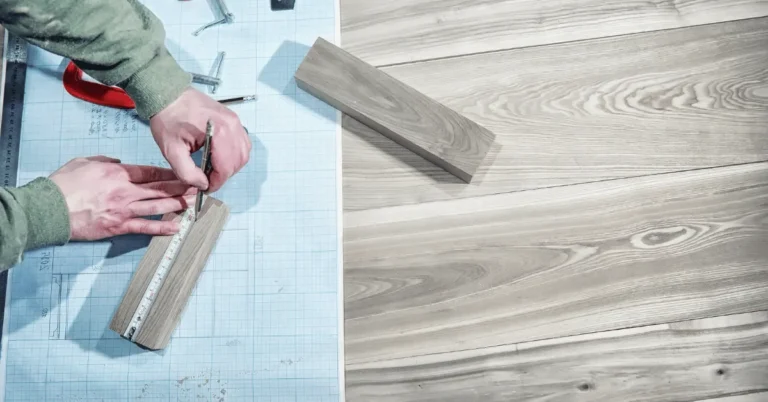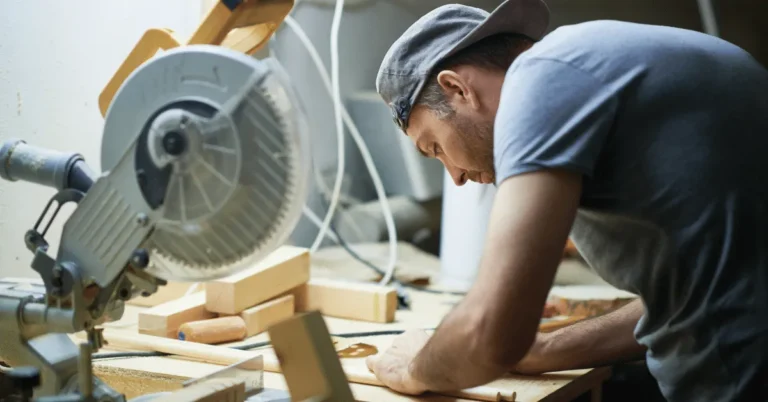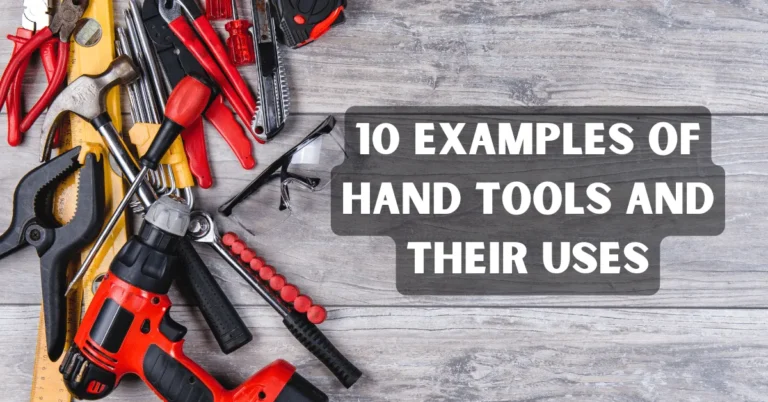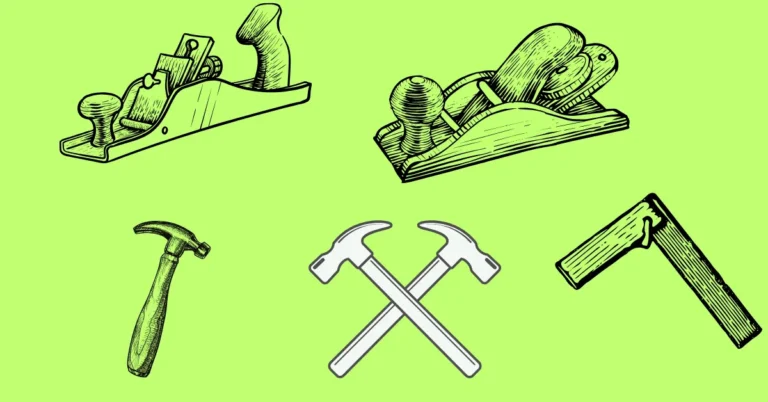Why Use Hand Tools For Woodworking? (2024)
Woodworking is a craft that has been practiced for centuries, and while power tools have become increasingly popular in modern times, there is still a strong case to be made for using hand tools in woodworking.
In this article, we will explore the reasons why many woodworkers still choose to work with hand tools and the benefits they offer. And I will answer your this question: Why Use Hand Tools For Woodworking?
Why are hand tools important in woodworking?
Well, let me tell you a little secret: hand tools are not only important, they are essential. Hand tools allow you to work with precision, finesse, and creativity.
They give you control over every cut, carve, and joint. They let you feel the wood, its grain, its texture, its personality.
Hand tools are not just tools, they are extensions of your hands, your eyes, your mind. Hand tools are the soul of woodworking.
Read More: What are The Different Hand Tools Used in Woodworking With Pictures?
Why use hand tools for woodworking?
Well, there are many reasons to ditch the power tools and embrace the old-fashioned way of crafting wood. Here are some of them:
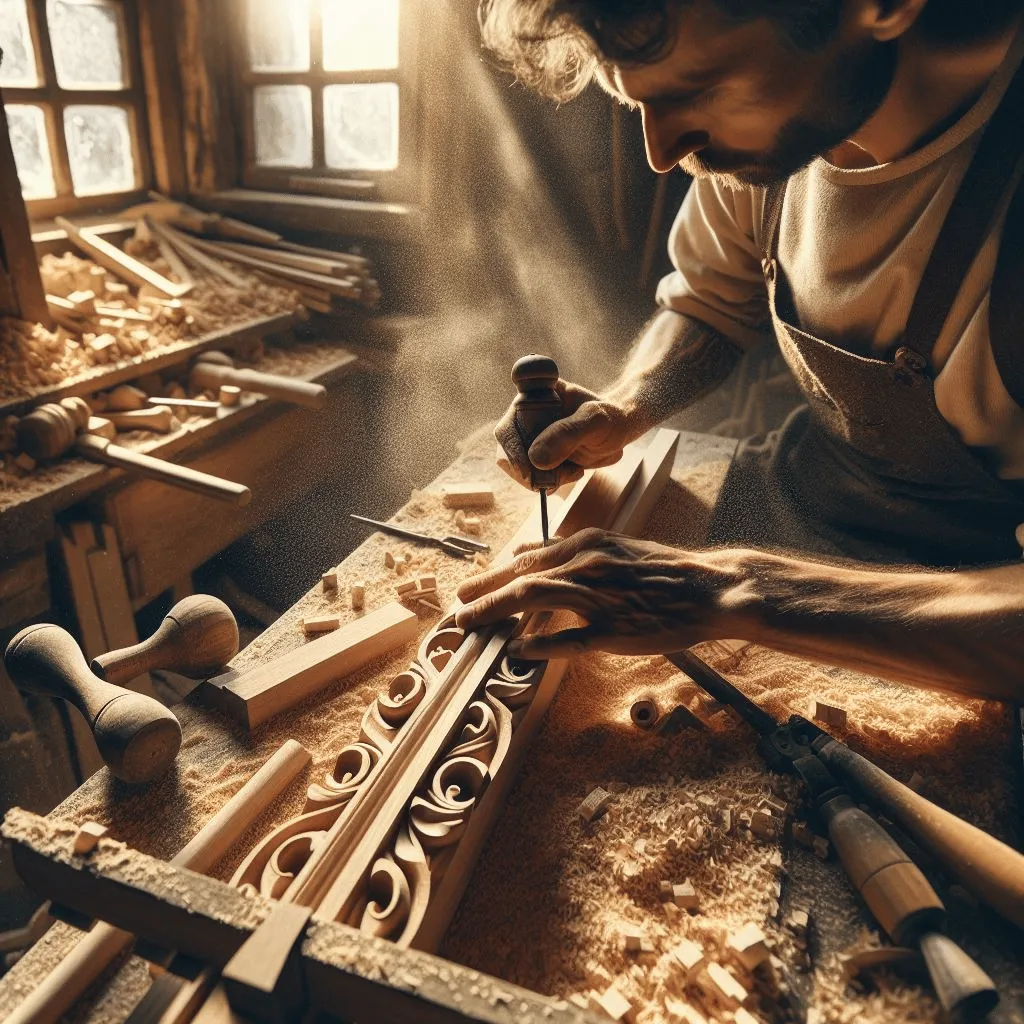
What are the reasons of using hand tools in the workshop?
Well, there are many, but here are some of the most compelling ones:
What are the benefits of using the expensive hand tools for woodworking?
Well, let me tell you, there are many. First of all, you get to enjoy the satisfaction of working with your own hands, feeling the grain of the wood, and creating something beautiful and unique.
Second, you get to avoid the noise, dust, and danger of using power tools, which can ruin your hearing, your lungs, and your fingers.
Third, you get to use tools that are made with quality materials and craftsmanship, that will last for generations and become heirlooms.
Fourth, you get to impress your friends and family with your skills and taste, and maybe even make some money by selling your creations.
And fifth, you get to have fun! There’s nothing like the challenge and reward of mastering a new technique or finishing a complex project. So don’t be cheap, invest in some expensive hand tools and enjoy the benefits of woodworking!
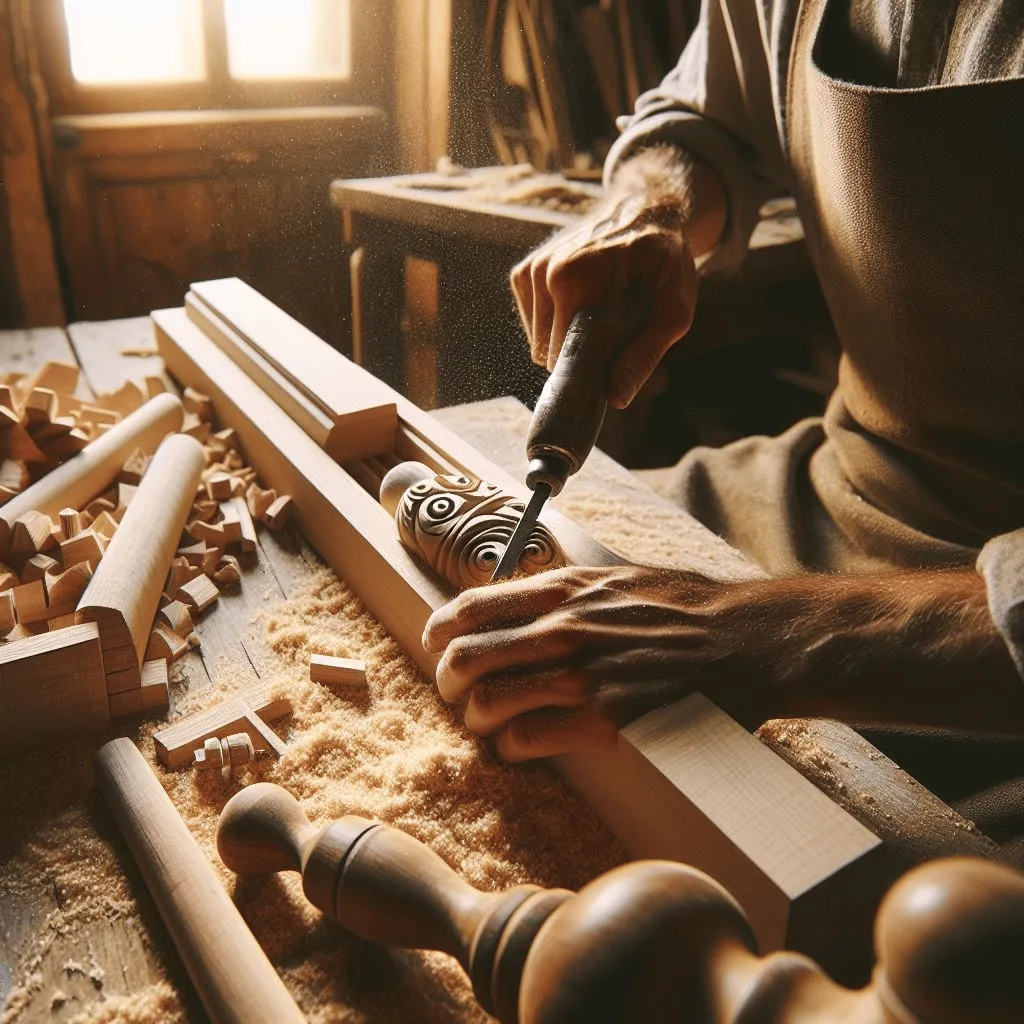
What are some examples of hand tools for woodworking?
If you are a woodworker, you know that hand tools are essential for your craft. Hand tools are not only more precise and versatile than power tools, but also more satisfying and rewarding to use. But what are some examples of hand tools for woodworking? Here are a few:
These are just some of the examples of hand tools for woodworking. There are many more that you can explore and enjoy. Hand tools are not only practical and useful, but also fun and creative. They allow you to express your personality and style in your woodworking projects.
Read More: How Do You Cut Particle Board Without Chipping It?
Final Thoughts – Why Use Hand Tools For Woodworking?
While power tools may dominate the modern woodworking scene, hand tools still hold a special place in the hearts of craftsmen and artisans.
They offer a level of control, precision, and artistry that power tools simply cannot replicate. Whether you’re a beginner or an experienced woodworker, incorporating hand tools into your arsenal can elevate your craftsmanship to new heights.
So, why use hand tools for woodworking? Because they allow you to connect with the materials, engage in a slower and more deliberate creative process, and achieve a level of satisfaction that only comes from working with your own two hands. Embrace the artistry and practicality of hand tools, and watch your woodworking skills flourish.
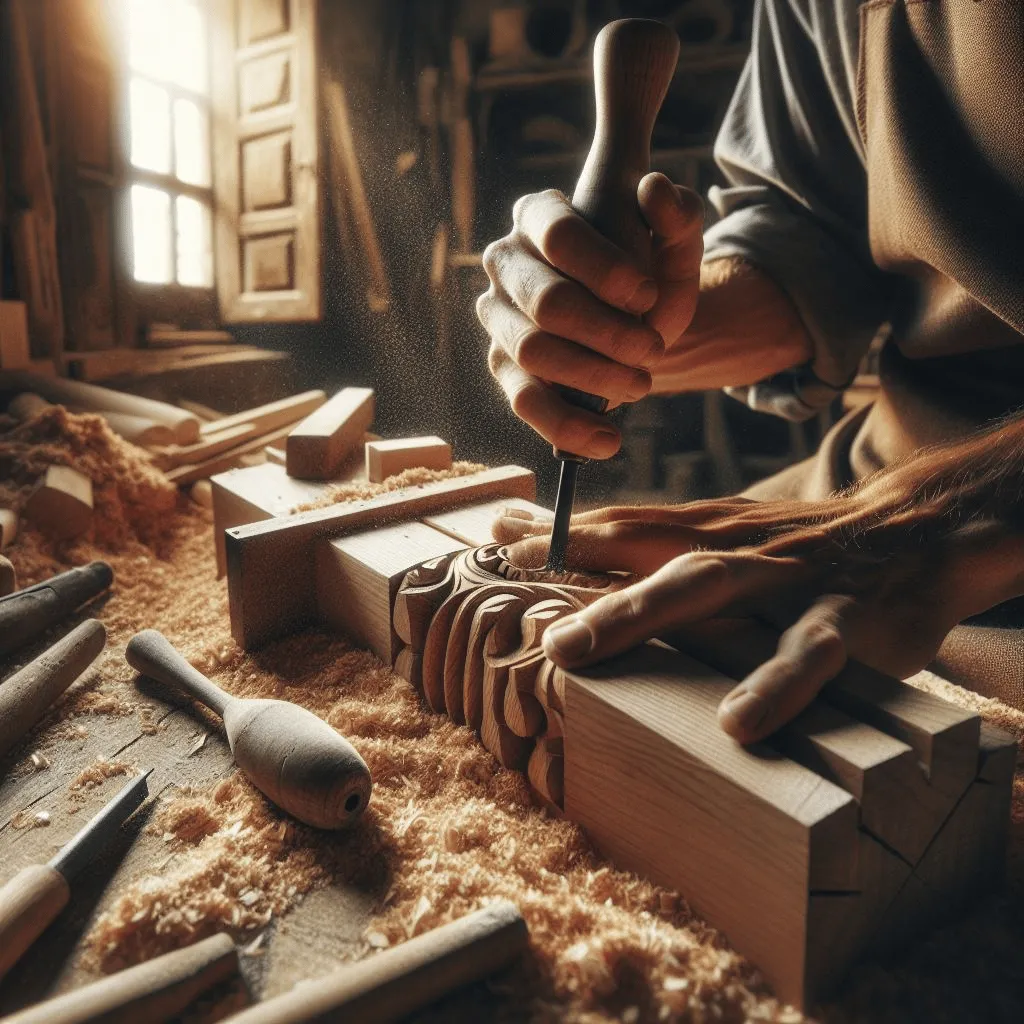
FAQs
While power tools offer speed and efficiency, hand tools have their own unique advantages. Hand tools allow for greater precision and control, ensuring a higher level of craftsmanship. They also produce less noise and dust, making them ideal for smaller workshops or indoor projects.
Some essential hand tools for woodworking include a chisel set, hand plane, coping saw, mallet, and a set of carving tools. These tools cover a wide range of woodworking tasks and can help you achieve professional-level results.
Absolutely! Hand tools are a great starting point for beginners in woodworking. They allow you to learn the fundamentals of the craft, develop your skills, and gain a deeper understanding of the materials and techniques involved. Plus, they are generally more affordable than power tools.
Hand tools do require some maintenance to ensure they stay in optimal condition. Regular sharpening, cleaning, and proper storage are essential. However, compared to power tools, hand tools are generally easier to maintain and repair, making them a cost-effective choice in the long run.
Absolutely! Many woodworkers combine hand tools and power tools to get the best of both worlds. Hand tools can be used for fine detail work and precision, while power tools excel at larger-scale tasks. The combination of both allows for greater versatility and efficiency in woodworking projects.

